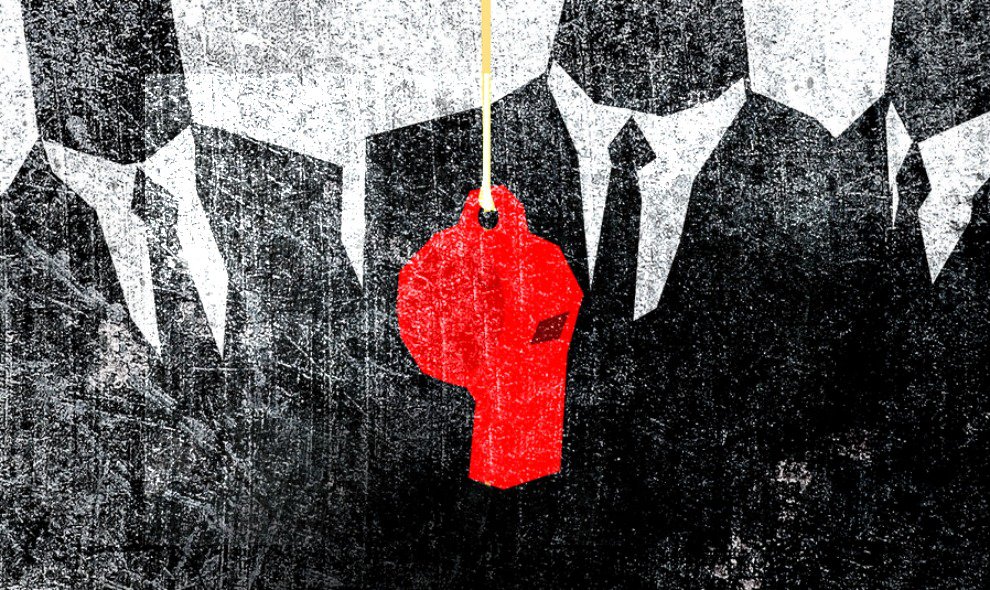Whistleblowers are essential to democracy


According to Open Democracy whistle blowers are essential to democracy as it is crucial for power to be held to account.
Without them we wouldn’t know the truth about the extent of the Vietnam War (Daniel Ellsberg), the Watergate scandal (William Mark Felt, Sr., aka “Deep throat”), National Security Agency spying (Edward Snowden), HSBC banking fraud (Nicholas Wilson aka “Mr. Ethical”), the Enron scandal (Sherron Watkins), WorldCom accounting fraud (Cynthia Cooper) just to give some examples.
“We take our knowledge of these incidents for granted, but without whistleblowers (often aided by a fearless and independent press), we would still be in the dark.” Nonetheless today, “a lack of digital privacy makes it that much more difficult for whistleblowers, journalists and activists to hold power to account.”
This was seen in Laura Poitras documentary film “Citizenfour” where Poitras and journalist Glenn Greenwald meet Edward Snowden in Hong Kong. “Snowden contacted her, using the name “CITIZENFOUR,” in January 2013. He reached out to her because he knew she had long been a target of government surveillance, stopped at airports numerous times, and had refused to be intimidated.”
Read more: Europe’s expanding national security state
As Open Democracy says, these disclosures often put whistleblowers in extremely vulnerable positions as governments or corporations seek to make an example of them, to avoid further revelations. For example, before Chelsea Manning’s commutation (from a 35-year-sentence to 7-years), she had spent more time behind bars than any other person in US history who had disclosed information considered to be in the public interest.
Besides disproportionate punishments, these people are labeled as traitors and criminals, leaving activists groups and the public the responsibility of supporting them and bringing all the information to light and really serve democracy.
More so, a key component of a functioning democracy is the right to privacy. In the internet era, online privacy is not as easy to guard. Snowden’s revelations of NSA spying are just one example of how governments can surveil us without being kept in check, making his revelations crucial.
Although these intrusions are allowed under the guise of “national security” and counter terrorism and we’re persuaded of them being necessary, still every citizen should have the right to keep their own affairs private. Instead, we’re being told “if you’ve nothing to hide, then what are you afraid of?”
As Shami Chakrabarti recently wrote in an article for The Guardian, “there is no question that protecting national security is important, but public interest journalism and individual ethics have their place in democracy alongside security and the law.”
LatinAmerican Post





